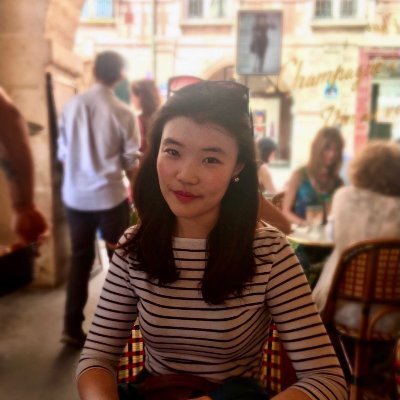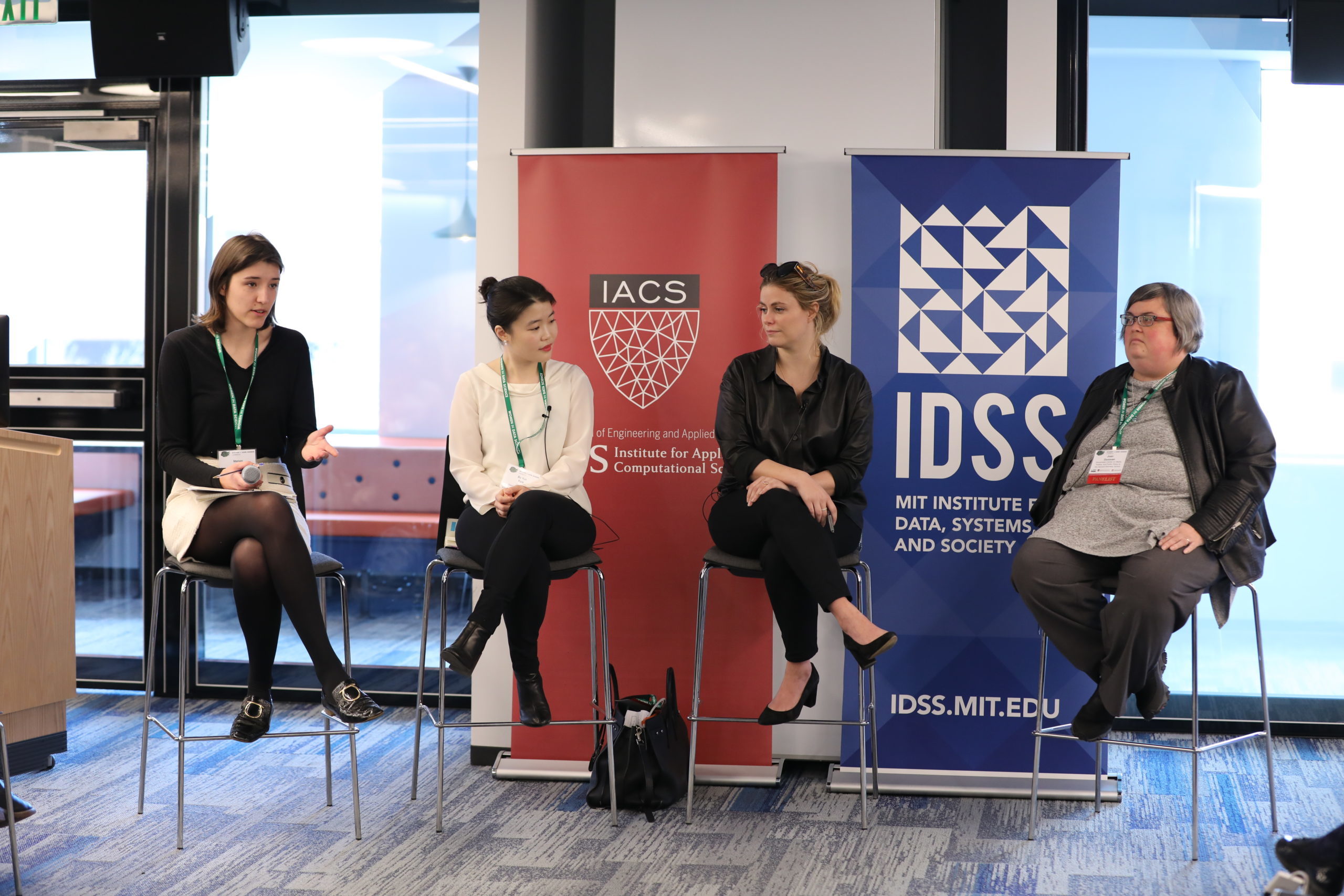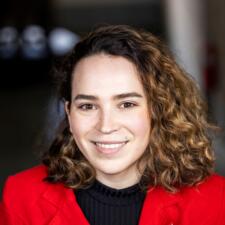Bo Yun Park is a postdoctoral scholar in the Social Science Data Lab (D-Lab) at University of California, Berkeley. She received her Ph.D. in sociology at Harvard University in 2021. Park was a graduate student affiliate at the Minda de Gunzburg Center for European Studies (CES) and a recipient of a Dissertation Completion Fellowship in 2020.
“Who do you think had the most influence on the world? Stalin or Marx?”
Bo Yun Park, who completed her Ph.D. in sociology from Harvard University in 2021, wasn’t always certain that her future lay in academia. In fact, she can trace the moment she decided to her sophomore year, when her father asked her this question.
“It was a very enlightening experience. I was having a drink with my dad complaining about the ways things are in the real world.” It was in reaction to this lamentation that her father asked her about the relative effect of Stalin and Marx. What started as a simple thought exercise, made Park think about impact.


